Abortion, rape, body autonomy, sexual violence, food security, stereotypes about marriage, children and earning a livelihood. These are some of the topics that are at the heart of a special selection of Indonesian, Malaysian and Filipino films being showcased in conjunction with International Women’s Day.
Starting on March 14, EngageMedia, Freedom Film Network and Inteamates will be featuring films that bravely tackle controversial yet critical women’s issues in the Asia-Pacific region. These will be featured in Cinemata.
This playlist puts a spotlight on films that have been censored, downplayed, or have sparked difficult yet crucial discourse on issues that are not widely discussed due to social constraints.
Click here for the showcase which will be online starting March 14.
The list of films are:
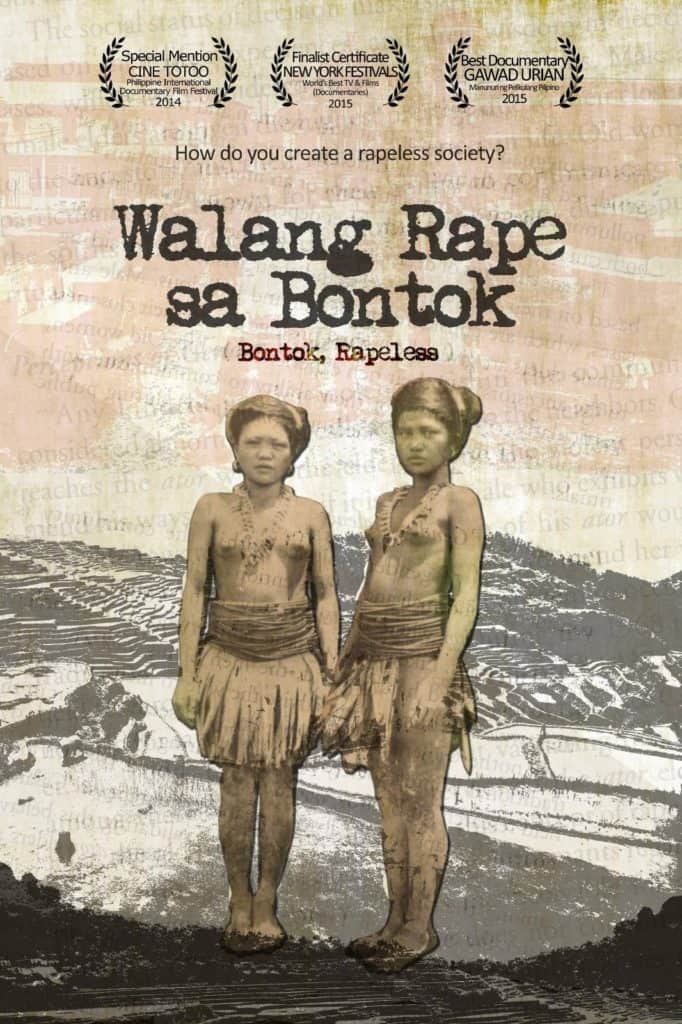
Bontok, Rapeless (‘Walang Rape Sa Bontok”) Philippines, 2014
By Mark Lester Menor Valle and Carla Pulido Ocampo
Two Filipina victims of sexual abuse search for the truth behind the statement of a renowned anthropologist: that merely a few generations ago, the Bontok Igorot lived in what seemed to be an unthinkable utopia — a rapeless society.
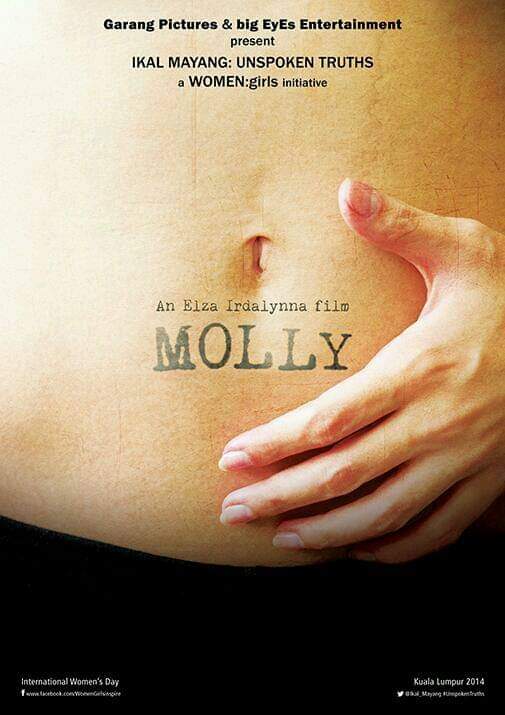
“Molly” Malaysia, 2014
By Elza Irdalynna
A story about unconditional love, support and camaraderie between friends that was not approved for screening in Malaysian cinemas and television by the national censorship board due to what the film implied.
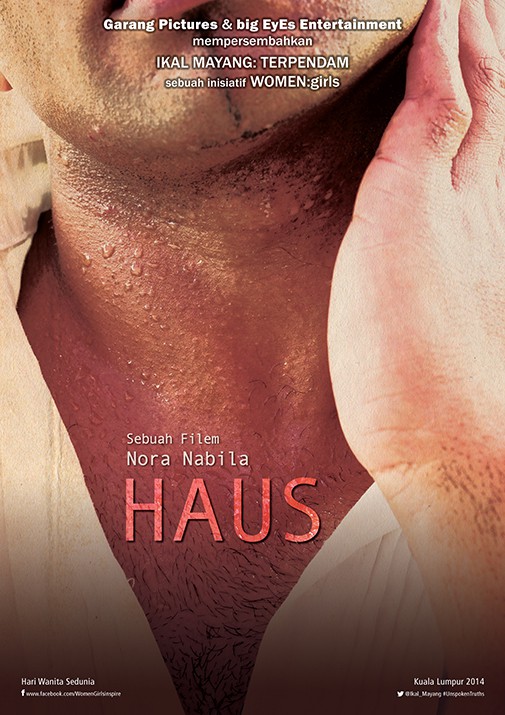
“Haus” Malaysia, 2014
By Nora Nabila
Madam Zaleha, a woman in her 40’s is suffering from sexual deprivation and a lack of attention from her husband. As a conservative Malay woman, she does not have a way out except to cry in silence. Despite not having any graphic scenes, “Haus” was not approved for screening in Malaysian cinemas and television for its depiction of a woman’s desires.
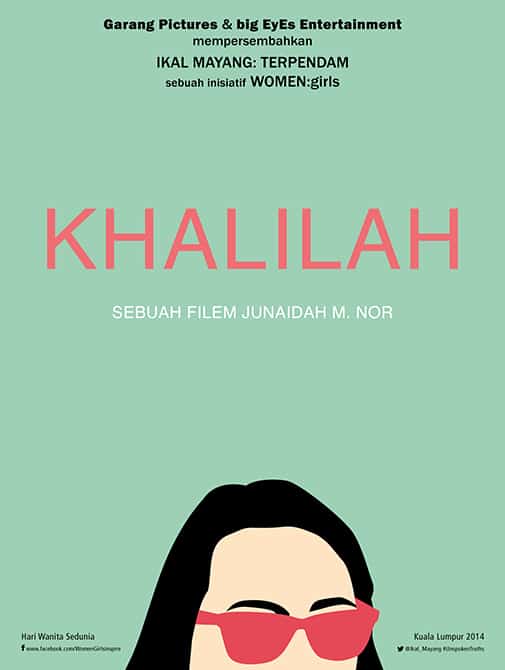
“Khalilah” Malaysia, 2014
By Junad Md Nor
A short film of an unmarried Malay girl that defies conventions of what is expected of her in Malay society. The Film Censorship Board of Malaysia asked for parts of the dialogue relating to the Muslim greeting of ‘salam’ be cut before it could be screened in Malaysian cinemas or television.
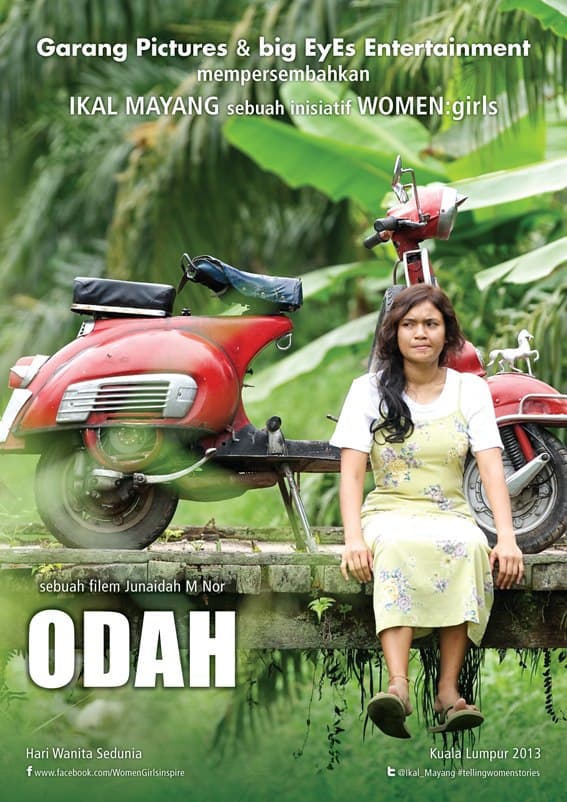
“Odah” Malaysia, 2013
By Junad Md Nor
Village girl Odah wants to cut her long hair to follow her favourite girl band, Feminin. But her decision is fiercely opposed by her mother and other villagers who have their own ideas about short-haired women.
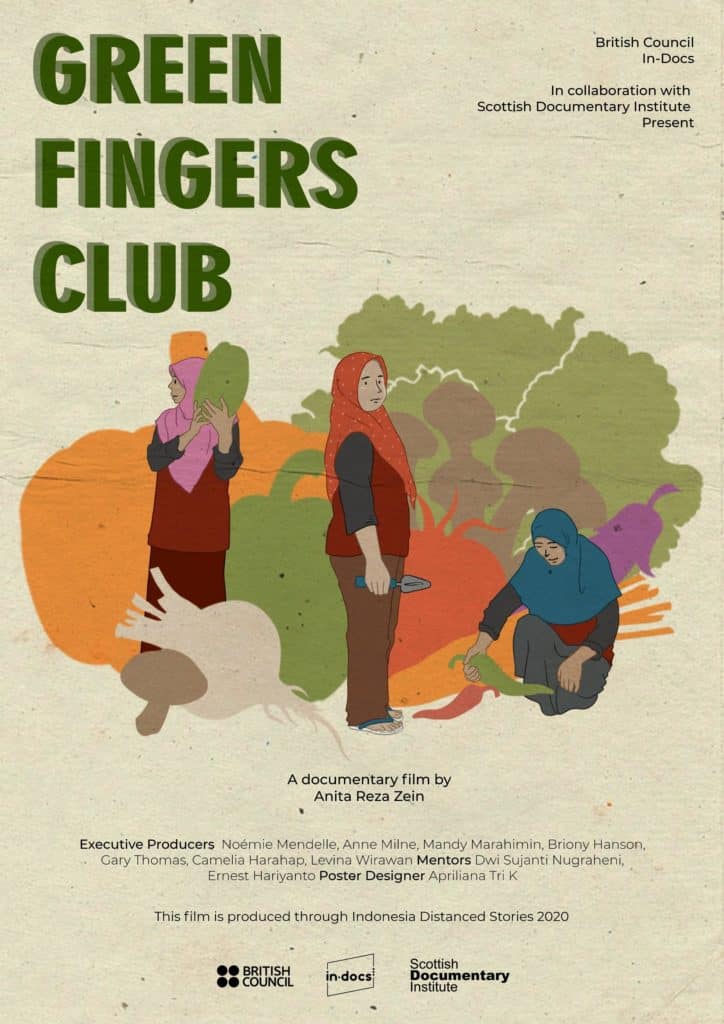
“Green Fingers Club” Indonesia, 2011
By Anita Reza Zein
Following a group of women farmers in Lendah, Kulon Progo, Yogyakarta and how they overcome challenges of social contribution, pests, and the distribution of agriculture products. They also work with an artist to create photographic mapping to connect cities and villages and to share information to strengthen local food security.
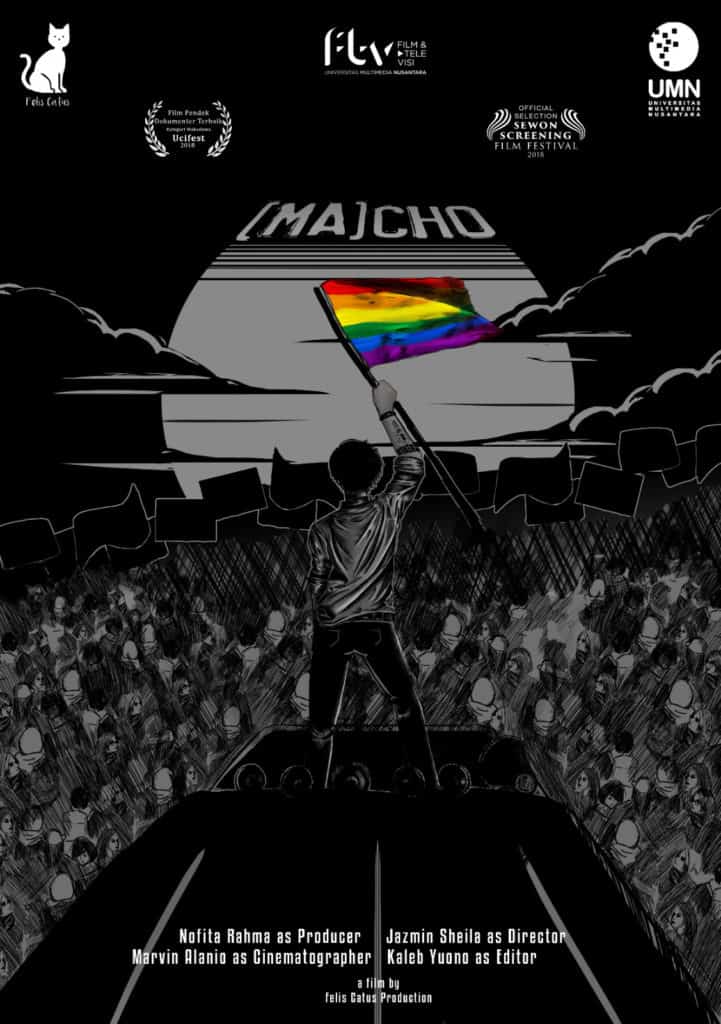
“MA(CHO)” Indonesia, 2019
By Jazmin Ramadhani
The film captures a progressive Womens and LGBTQ movement in Indonesia and follows a masculine lesbian who aspires to have a child.
In “Bontok, Rapeless” (Walang Rape sa Bontok), the writer of the film, Carla Pulido Ocampo and research assistant, Andy Magas, share their experiences of being sexual abuse survivors. Through this film, they explore the idea of a rapeless society that in today’s postcolonial reality of the Philippines, seems very much like an unthinkable utopia.
Their search leads them to a study by renowned anthropologist Dr June Prill-Brett on the indigenous community of Bontok Igorot of the Cordilleras region who have lived for eons without a concept or incidence, of rape.
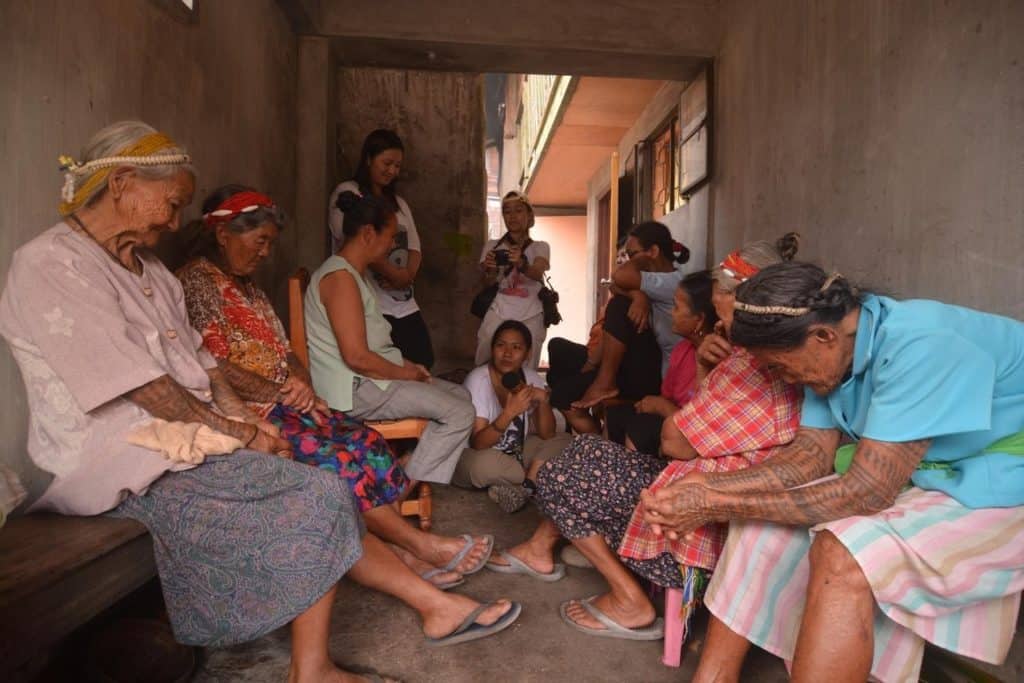
In telling their stories, Malaysian filmmakers Elza and Nora said they wanted to shine a light on the lived realities and issues faced by women that are often ignored or even worse, suppressed, due to conservative Muslim attitudes.
Elza shared that “Molly is a true and very personal story to me, in honour of the friendship I have with my group of girlfriends, particularly during a very trying time. I want this film to depict how common this issue is, and hopefully destigmatize it and empower bodily autonomy”.
For Nora, “Haus” was meant to be “the voice of women who go unheard” in Malay Muslim society. Even though the film was banned, she is proud to have made a film that focuses on the topic of women’s needs, which is not as openly discussed or acknowledged in Malay Muslim society.
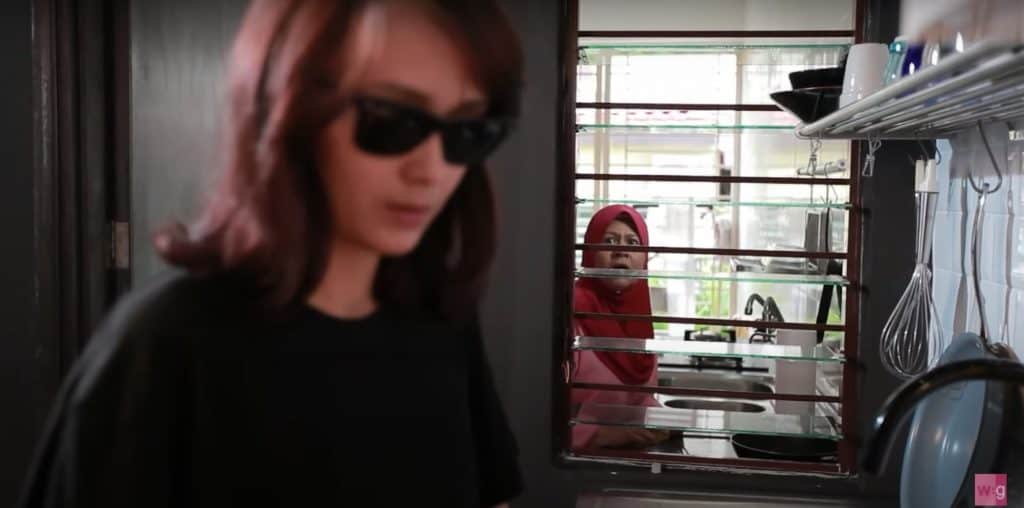
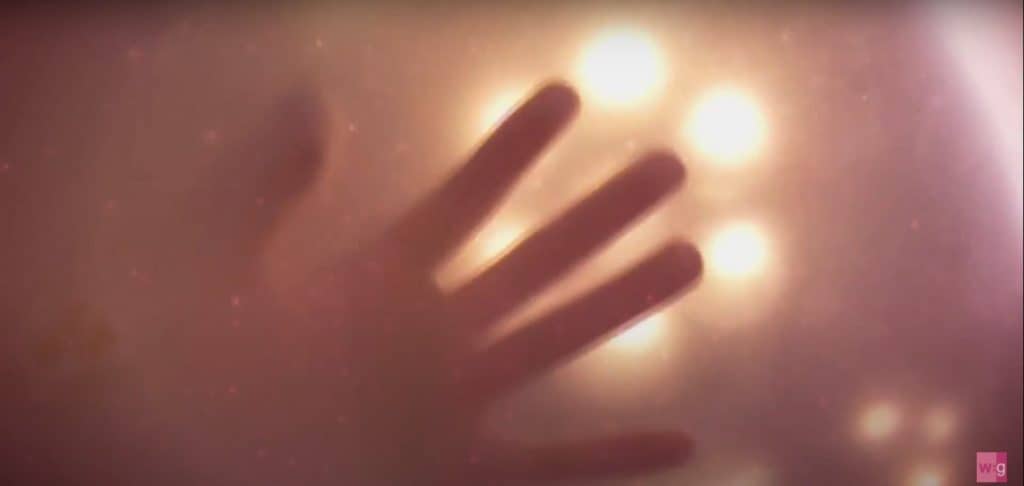

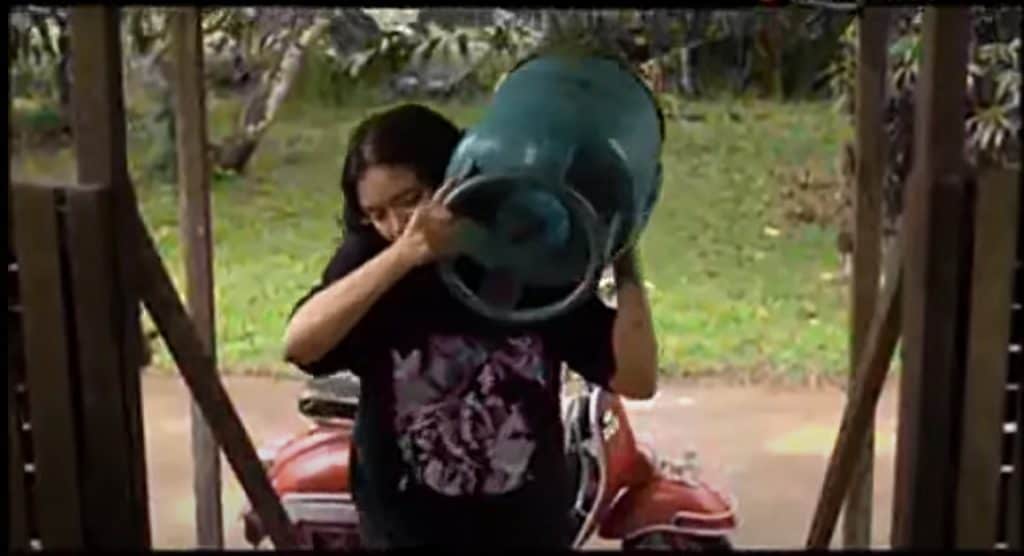
The films “Green Fingers Club” and “Ma[Cho]” emphasize how women in the world’s biggest Muslim democracy, Indonesia, face daily stigmas and patriarchal norms from villages to big cities.
These films from Indonesia portray women’s struggles in upholding fundamental rights such as ownership over their bodies and their reproductive choices, expressing their sexuality, and finding their role in society through knowledge expansion and striving for equal work opportunities.
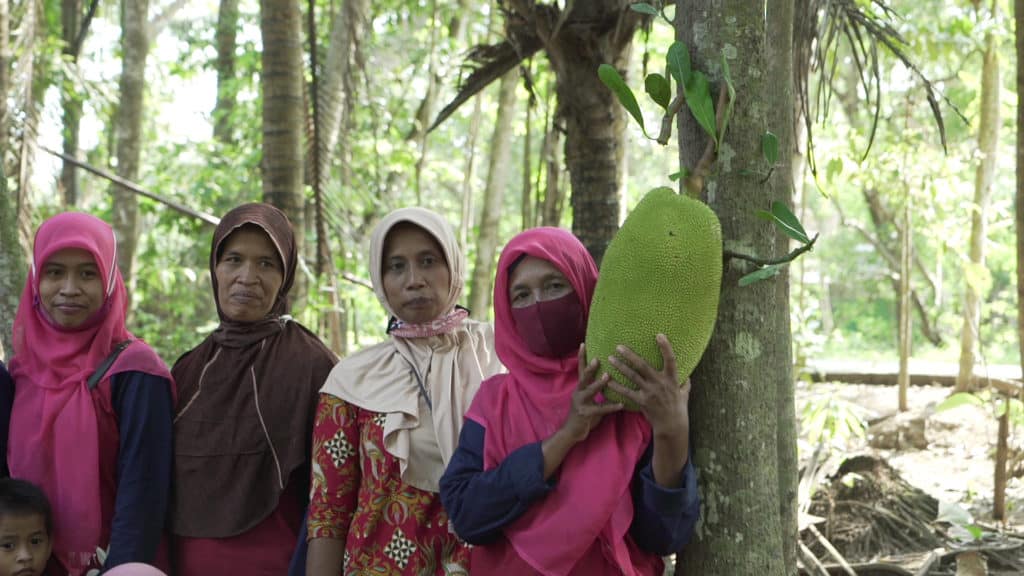
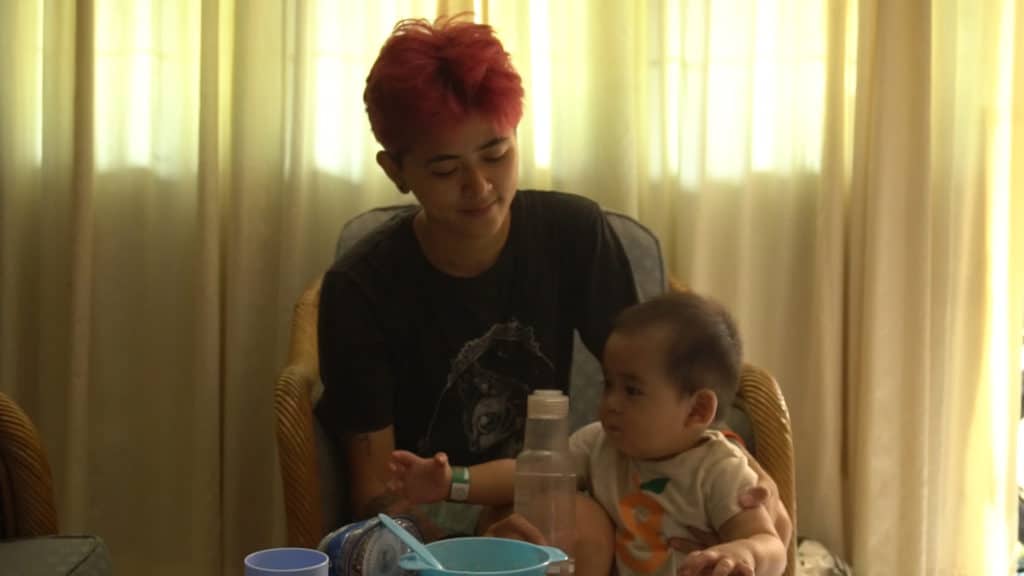
The seven films featured in this collection aim to address the impact of patriarchy in society by boldly portraying women who defy and challenge existing gender notions, stereotypes, and social bias towards masculine world-views.
The film, “Green Fingers Club” will be available from March 14-30, and “Bontok, Rapeless” will have its screening from March 14 until March 16, 12NN UTC+7 in Cinemata
About the organisers:
EngageMedia
A nonprofit that promotes digital rights, open and secure technology, and social issue documentary. Combining video, technology, knowledge, and networks, we support Asia-Pacific and global changemakers advocating for human rights, democracy, and the environment.
Freedom Film Network
A Malaysian not-for-profit body established to support and develop social documentary filmmaking within the context of freedom of expression and values contained in the Universal Declaration of Human Rights (UDHR). We conduct programmes on capacity building for filmmakers, development and production of social change films, consult on impact strategy and network building and cooperation.
Inteamates
We are an Indonesian creative community that supports gender equality & inclusivity in the film industry. Since 2019, we have produced short documentaries, fiction, animation, and VR works to raise awareness of social issues. We believe in the value of “Filmmaking for Change” and we tell stories that matter to enact change.
